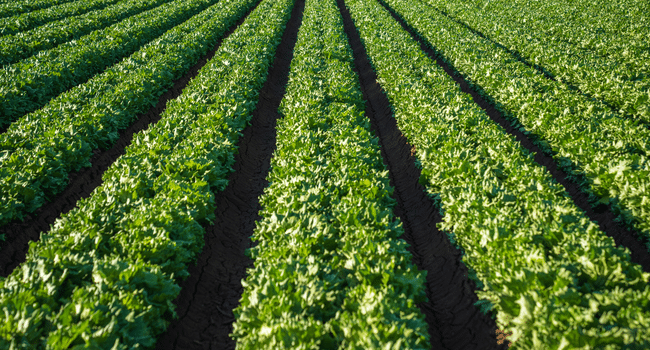Table of Contents
As the world population continues to grow, the demand for animal products is increasing more than ever before. This growth, combined with the rapidly changing climate, can cause some problems for farming practices.
What is a clean farm? A clean farm is a farm that has no negative impact on the environment. This definition leaves out many different factors such as sustainable and organic farms. Whether you have just begun farming or run a larger scale operation, it’s important to have a clean environment for your livestock. It’s no secret that farm animals can lead less-than-healthy lifestyles. It’s your job as a farmer to make sure your livestock are in the best of health. It might sound like a lot of work, but it doesn’t have to be – especially with these helpful tips.
Why is a clean farm beneficial?
A clean farm consists of healthy animals and a clean environment. Keeping an animal farm is not difficult, but it needs to be done meticulously. Many people are not aware that there are many benefits to maintaining a clean farm. If you’re not sure why you should consider keeping your farm clean, here is a list of what they offer:
- Improved public health
- Less risk of diseases
- Reduced food costs
- More robust livestock
- Increased milk production
- Higher feed conversion ratio
- Enhanced animal performance
What are the consequences of having an unclean farm?
A dirty farm is harmful to animals because festering manure piles, leaking silage bags and water, or other contaminants will contaminate the animals’ environment and can lead to disease or death. The consequences of having an unclean farm can be disastrous. It could lead to the spread of diseases and poor hygiene among animals.
- The chances of livestock contracting illnesses such as foot and mouth disease increase.
- Farmers are more likely to develop infectious diseases on their farms, leading to a wider spread in infectious diseases such as the plague or the flu.
- If a farm has lower standards than necessary for animal health, there is a higher chance of livestock contracting these diseases and transmitting them to humans.
The Basic Requirements of Clean Farms
The best way to start planning out your own farm is by making a list of all the necessities. There are many things that you’ll need in order to have a healthy and eco-friendly farm.
- Environmentally friendly inputs: Manure should be applied on fields instead of sprayed onto crops or sprayed into nearby water sources. Animal waste must be used for composting and not just dumped outside of the farm; it needs to be recycled back into the soil in order for it to promote growth.
- Clean water and land: Clean water is essential for everyone to survive, including animals. Without access to these sources of life, all livestock possible die from illnesses or diseases that can spread quickly in an unclean environment. Clean land is also important for farming in order to reduce animal injury and protect water sources against erosion caused by heavy machinery.
- Proper supply of cattle: There’s no way for the farms to produce their products without proper cattle supplies. Good cattle production requires a good understanding of the sources for livestock supplies. It is important to buy animals from reputable suppliers.
- Food safety and feed stores that are designed for easy cleaning.
- Crop rotation: The soil should be loosened to maximize the harvest from the area, crops that are grown need to be rotated in order to maintain nutrients and prevent disease
- Farm size: The best way to use land efficiently is by keeping it under control. You can’t have too big of a farm because you’ll just end up using more land and spreading yourself thin.
- Location: You want to be in a location where you’ll be able to get enough customers. Location is a large factor in whether or not your business will succeed.
- A livestock operation that meets the criteria for organic production and manure management.
Conclusion:
Clean farms are very important in the modern world. Food that is raised without chemicals provides a healthier option for our body and farm system. Organic farming also helps in carbon sequestration, which contributes to climate change efforts.
It is difficult for animals to live in a farm with dirt. It becomes easy for them to catch diseases that are spread from a dirty farm. It is important to clean the farm regularly so that its environment remains safe for animals and humans. The basic requirements of clean farms include diverse pastures, soil management, water quality and adequate rainfall, low-cost grasses and plants, sustainable feed sources and pest control methods.
Read more on KulFiy
Farming Tips: Taking Care of Sheep & Living an Optimistic Life
Environmental Impacts Of Food Waste
What are the Nutrients Required for Maintaining Joint Health?
